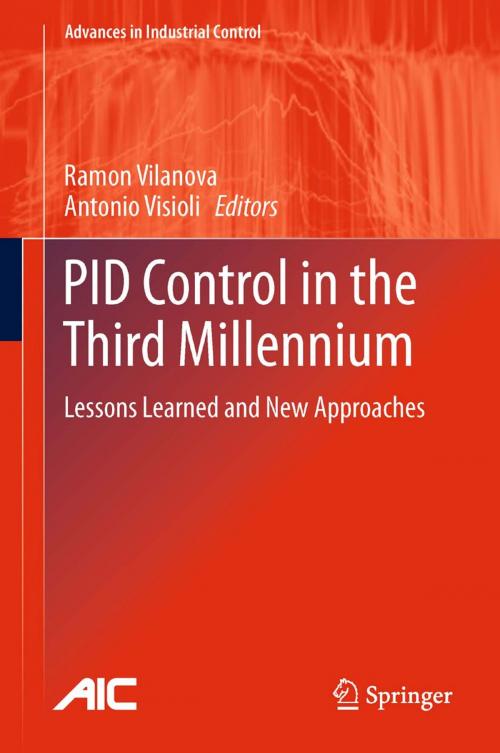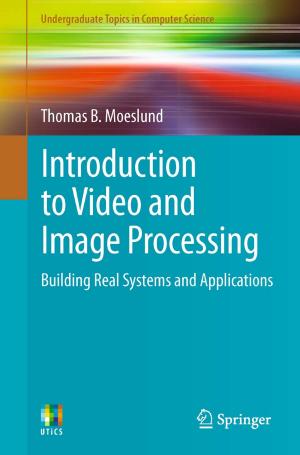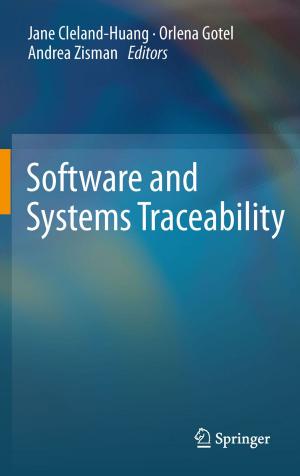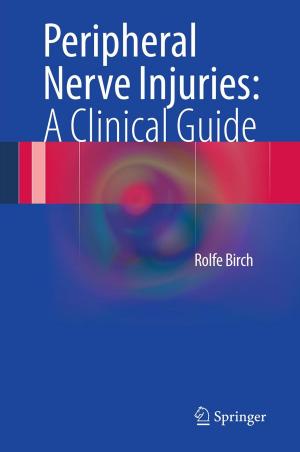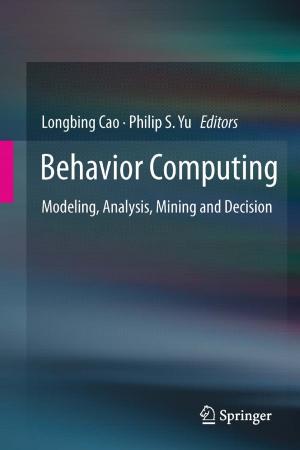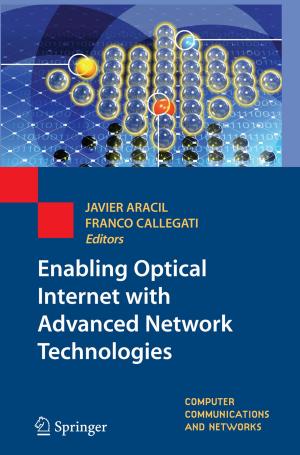PID Control in the Third Millennium
Lessons Learned and New Approaches
Nonfiction, Science & Nature, Science, Other Sciences, System Theory, Technology, Automation| Author: | ISBN: | 9781447124252 | |
| Publisher: | Springer London | Publication: | February 3, 2012 |
| Imprint: | Springer | Language: | English |
| Author: | |
| ISBN: | 9781447124252 |
| Publisher: | Springer London |
| Publication: | February 3, 2012 |
| Imprint: | Springer |
| Language: | English |
The early 21st century has seen a renewed interest in research in the widely-adopted proportional-integral-differential (PID) form of control. PID Control in the Third Millennium provides an overview of the advances made as a result. Featuring: new approaches for controller tuning; control structures and configurations for more efficient control; practical issues in PID implementation; and non-standard approaches to PID including fractional-order, event-based, nonlinear, data-driven and predictive control; the nearly twenty chapters provide a state-of-the-art resumé of PID controller theory, design and realization. Each chapter has specialist authorship and ideas clearly characterized from both academic and industrial viewpoints. PID Control in the Third Millennium is of interest to academics requiring a reference for the current state of PID-related research and a stimulus for further inquiry. Industrial practitioners and manufacturers of control systems with application problems relating to PID will find this to be a practical source of appropriate and advanced solutions.
The early 21st century has seen a renewed interest in research in the widely-adopted proportional-integral-differential (PID) form of control. PID Control in the Third Millennium provides an overview of the advances made as a result. Featuring: new approaches for controller tuning; control structures and configurations for more efficient control; practical issues in PID implementation; and non-standard approaches to PID including fractional-order, event-based, nonlinear, data-driven and predictive control; the nearly twenty chapters provide a state-of-the-art resumé of PID controller theory, design and realization. Each chapter has specialist authorship and ideas clearly characterized from both academic and industrial viewpoints. PID Control in the Third Millennium is of interest to academics requiring a reference for the current state of PID-related research and a stimulus for further inquiry. Industrial practitioners and manufacturers of control systems with application problems relating to PID will find this to be a practical source of appropriate and advanced solutions.
